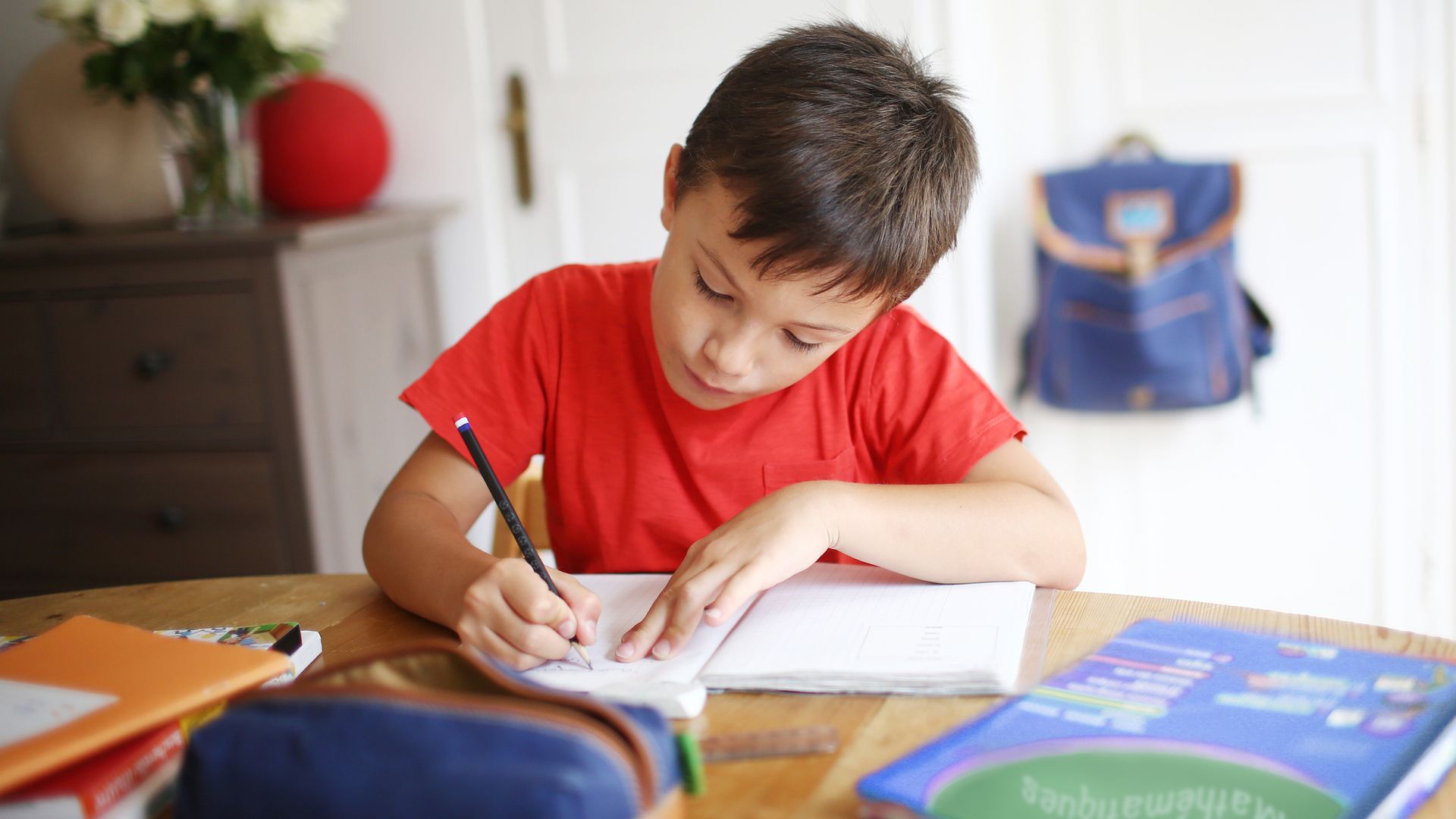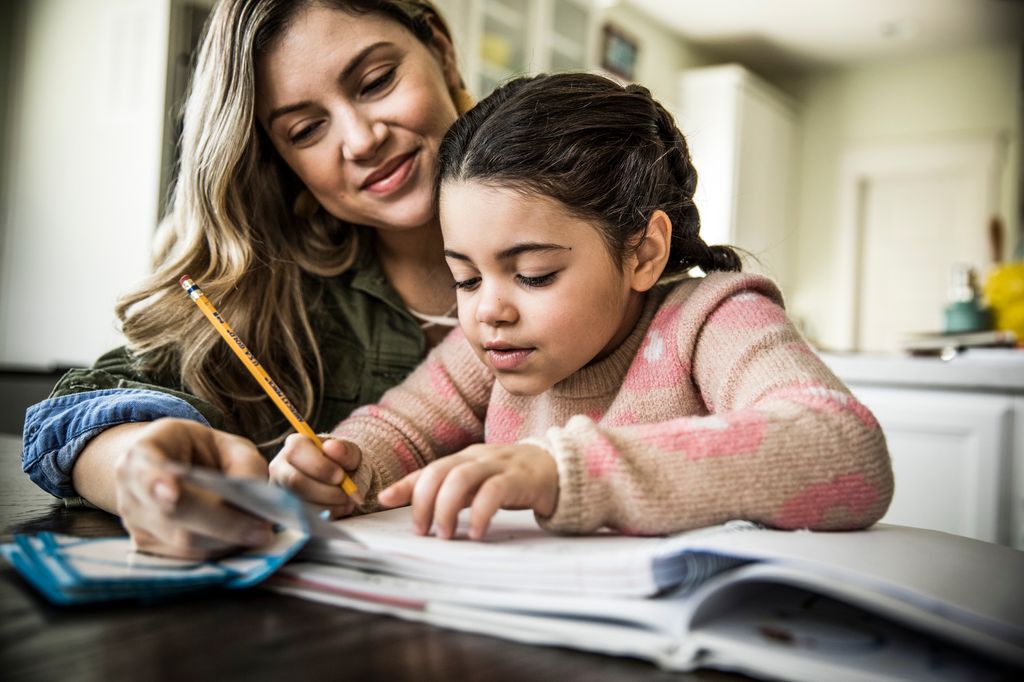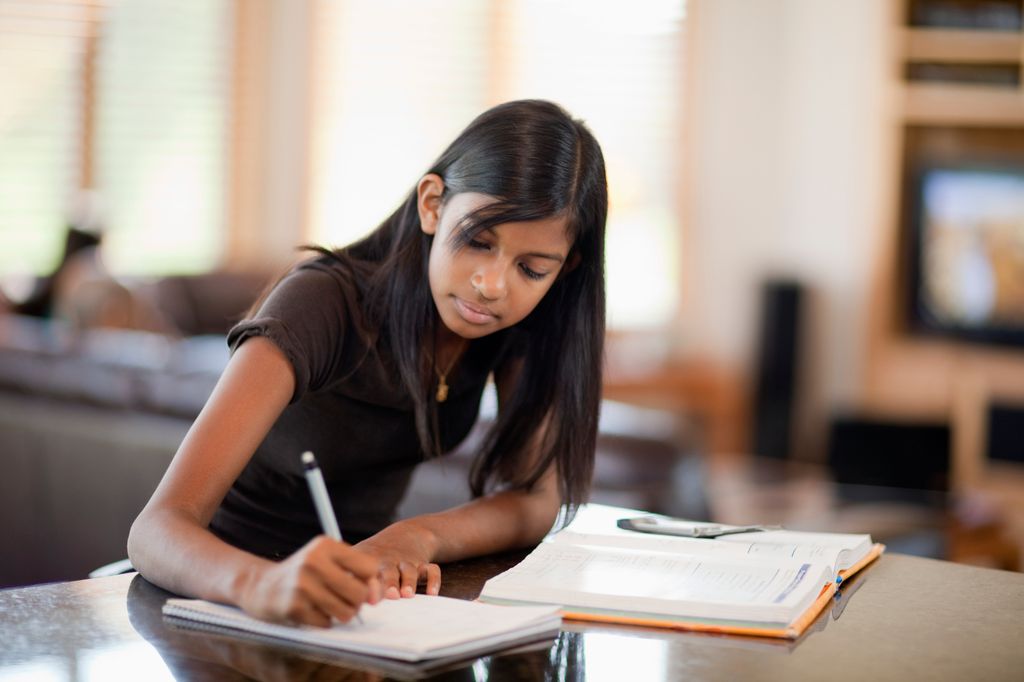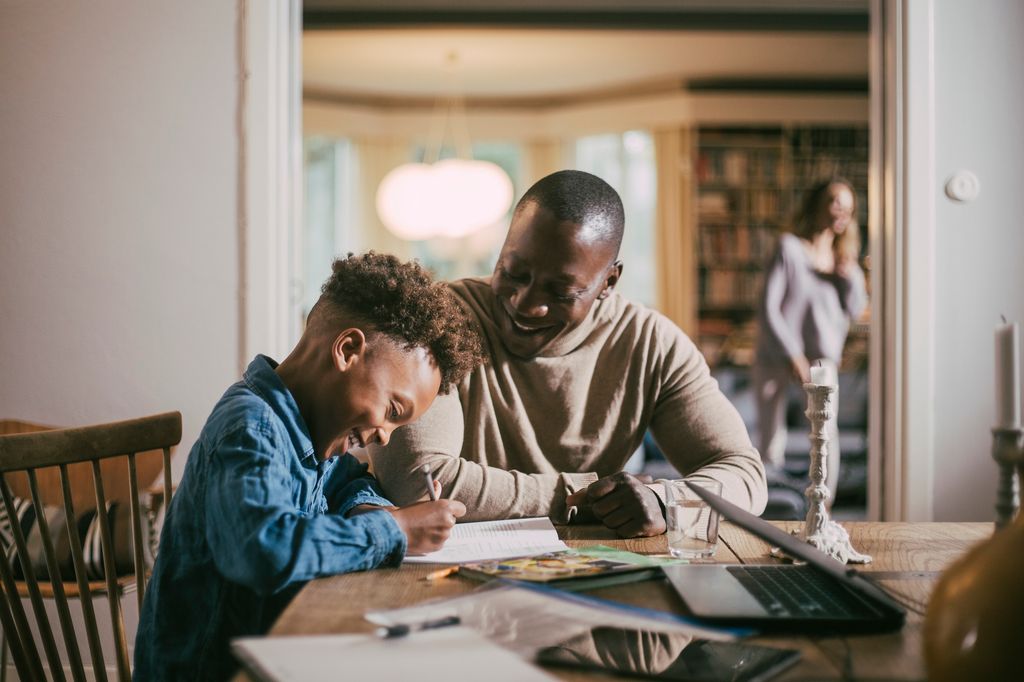The kids are heading back to school, meaning parents are swapping time at the beach and family BBQs for helping their children with their homework. Whether your child is in primary school and is being sent home with a list of timetables and spellings to conquer or your teenager is about to take on a mound of GCSE revision, it can be hard for young people to stay motivated and be productive, especially when it comes to their homework.
A long day at school, with travel time factored in, can leave children and young people feeling tired and disengaged when it comes to getting their homework or revision done. As a parent or carer, you might be at a loss, wanting them to succeed but unsure how to help get them in the zone. Helping us get into a positive back-to-school mindset is Swift Psychology's child and adolescent therapist, Laura Gwilt, who breaks down the causes of low productivity and ways, as parents, you can support your child in their academic endeavours.
Why does my child struggle with being productive?
Laura says that children and teenagers often find it difficult to stay focused for reasons linked to both brain development and environment. "The prefrontal cortex, the part of the brain responsible for planning, self-regulation, and sustained attention, is still developing well into early adulthood, which means lapses in motivation are not a sign of 'laziness', but part of normal growth," she explains.
Laura adds that common factors adding to lapses in attention include distractions from phones, siblings, or even a cluttered desk, task overwhelm where large projects or vague instructions can feel daunting, or a lack of perceived relevance where a child doesn’t see how a task connects to their interests or goals. Their emotional state, i.e., if they are anxious or fear failure, can also complicate the issue, or it could be as simple as basic needs such as tiredness, hunger, or insufficient breaks that reduce concentration.
How does a child's productivity vary with age?
If you are supporting children of different ages, we must remember that it is not a one-size-fits-all rule. "Primary school children (five to 10 years) have shorter attention spans, meaning they learn best in short bursts," Laura says. "They may need concrete rewards (stickers, praise, playtime afterwards) and more adult scaffolding."
Meanwhile, tweens (10 to 13 years) can sit for longer but still benefit from structure. "Peer influence becomes stronger - a friend messaging can suddenly feel more urgent than homework," she explains. "Teenagers (14 to 18 years) are capable of deep focus, but motivation dips if tasks feel imposed rather than chosen. Their sleep cycles shift later, making evening productivity harder. At this stage, intrinsic motivation - linking effort to long-term goals - becomes key, but is still fragile."
How can parents and carers help their kids be productive?
Laura breaks down a number of dos and don'ts when it comes to supporting your child to stay focused.












